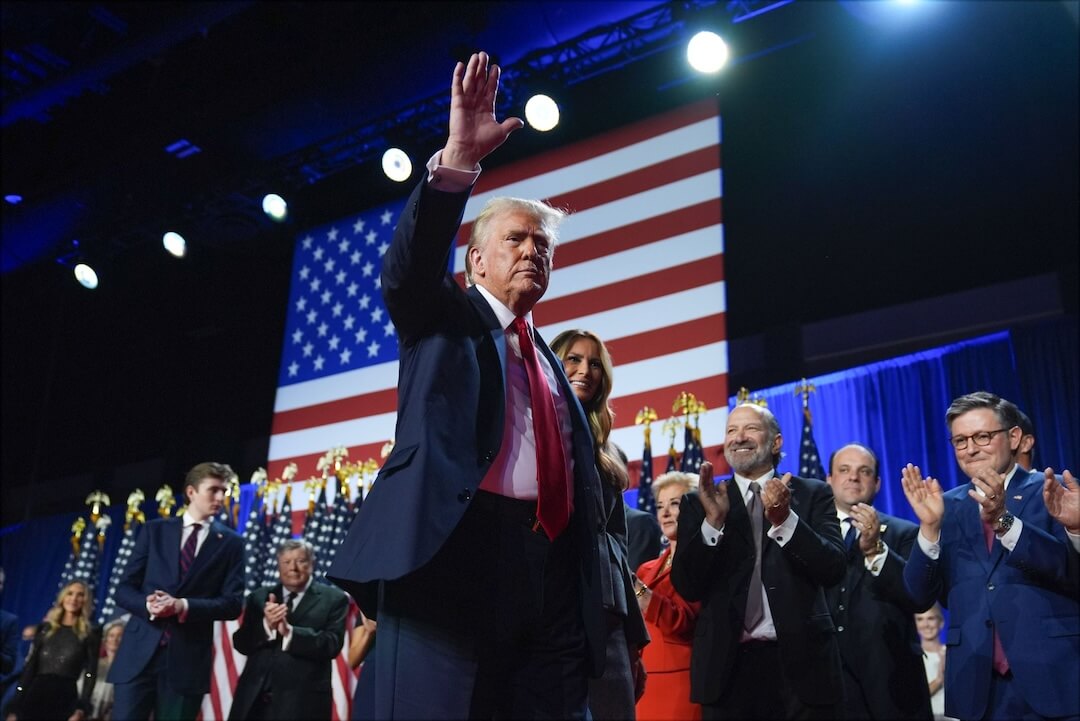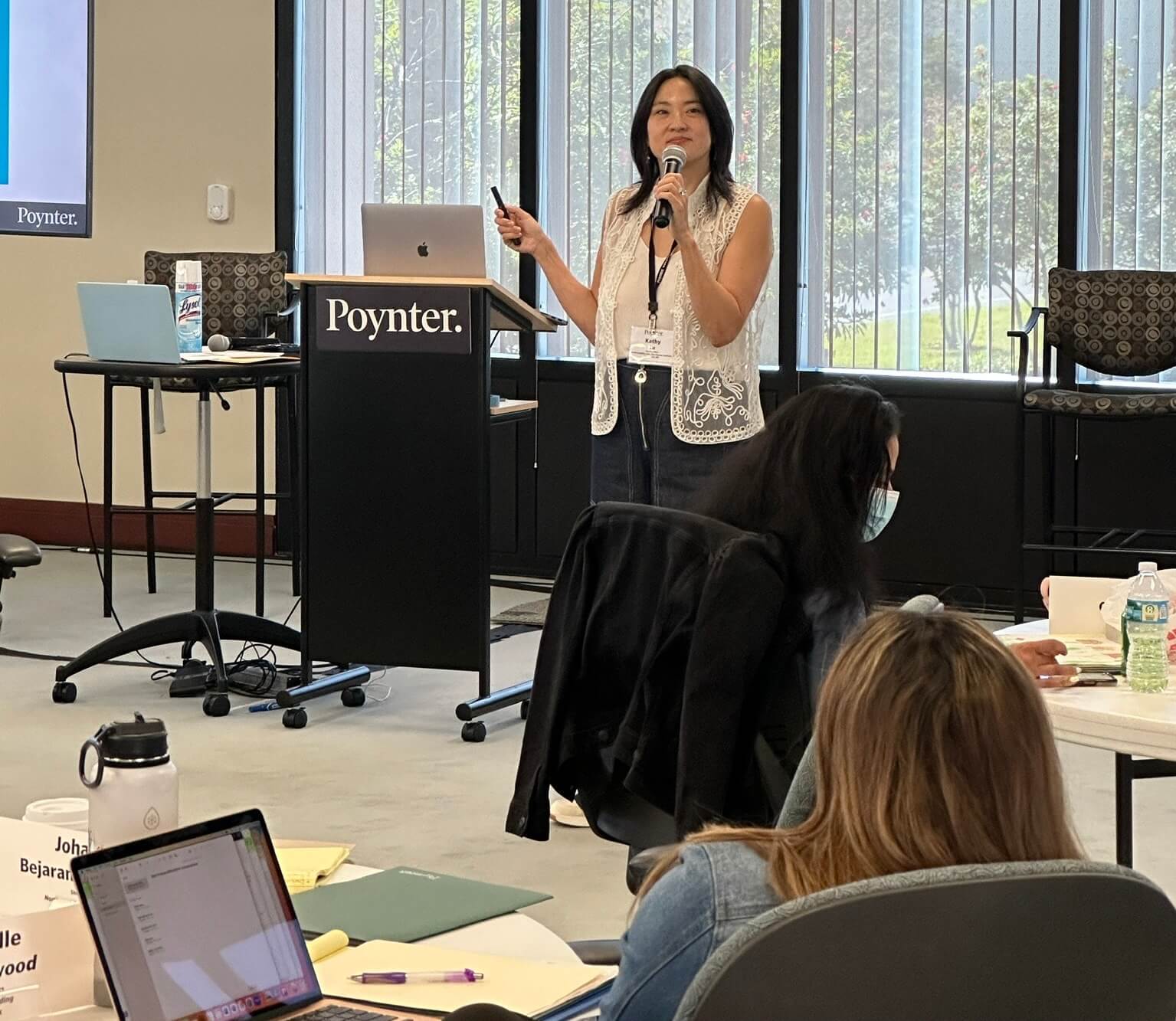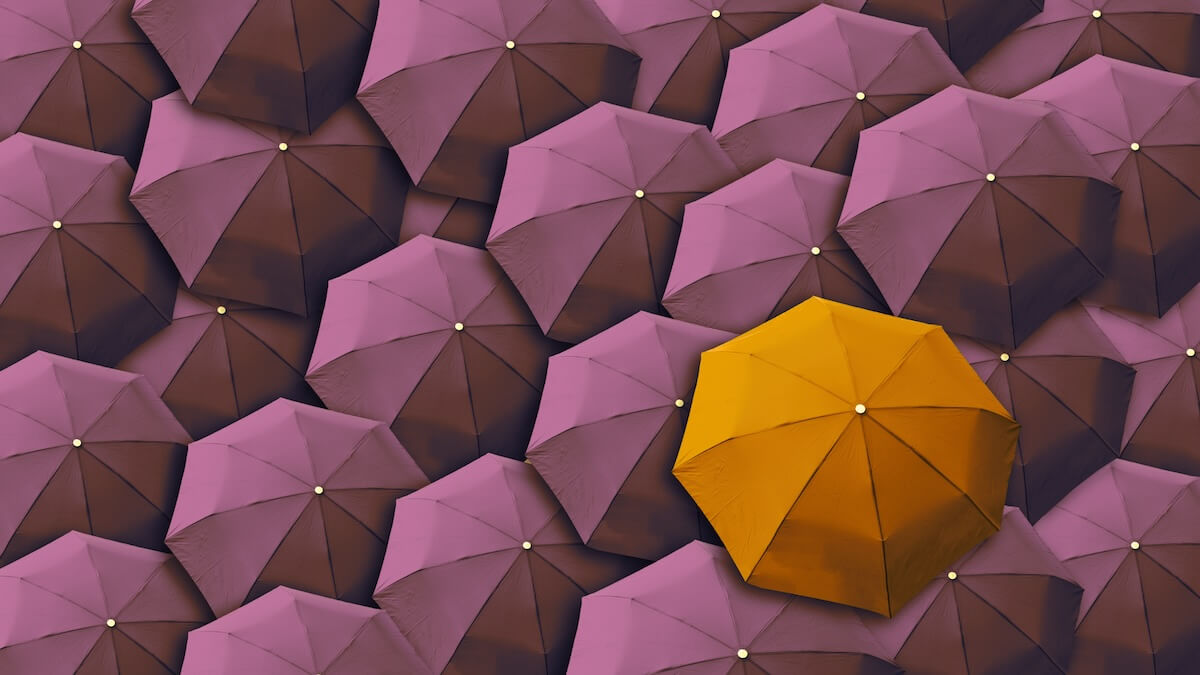Ben Smith was tired of getting scooped. So, when he became editor in chief of BuzzFeed in 2012, one of the first things he did was hire Chris Geidner, who was then an editor at the LGBT newsmagazine Metro Weekly.
“…When I was at POLITICO, there was this guy, Chris Geidner, who was just beating me on stories quite regularly,” Smith recently told Re/code. “So he was one of the first people I hired at BuzzFeed.”
When Geidner joined BuzzFeed in 2012, marriage equality was shaping up to become one of the biggest stories in the country, and it only got bigger. By the time the Supreme Court ruled in favor of same-sex marriage in 2015, it was abundantly clear that LGBT issues were no longer just for niche publications.
But in the months since the Obergefell v. Hodges ruling, has the media moved on from covering LGBT stories? As part of Poynter’s ongoing series on social justice journalism leading up to the centennial edition of the Pulitzer Prizes, we conducted a Q-and-A with Geidner, now BuzzFeed’s legal editor, about the state of LGBT coverage in America’s newsrooms.
Chronicling the struggle for legalized same-sex marriage was a big part of your job, and it was a story that was covered widely in the national media. Now that marriage equality is the law of the land, are LGBT issues getting less coverage from mainstream outlets?
I think the national media is focused on LGBT issues in a different way in the wake of the marriage ruling. I think the story now is about how these people — a constitutional part of the American definition of “family” — fit into the bigger picture.
I think there has been significant reporting on trans issues — in part the result of news and cultural developments, but also, I think, the result of the oxygen opened up for coverage of trans issues by journalists interested in telling LGBT stories. At the same time, there has been a shift in coverage toward the religious liberty bills and the baker/florist/photographer issues that has taken the place of what some LGBT activists were hoping to see happen after a marriage resolution: a focus on job and housing discrimination.
As someone who’s been lauded by the NLGJA for expanding BuzzFeed’s coverage of LGBT issues, what’s your opinion of the coverage of LGBT discrimination and inequality across the United States? How does national coverage stack up against coverage from local outlets?
In a similar vein, as society has grown to see and understand LGBT people as existing in our midst, the media has gotten better at telling the stories of LGBT people. That doesn’t mean there aren’t still dark spots. Oftentimes, coverage of anti-trans hate crimes — including killings — is made more difficult by mis-gendering of victims by law enforcement — but also by members of the media.
When I came to BuzzFeed, Ben Smith was dedicated to having us pursue LGBT news as a national, mainstream story. As I did so, and as we launched the LGBT vertical, it became clear to Saeed Jones (the vertical’s editor at the time) and me that coverage of the LGBT story required more people, diverse viewpoints, and a focus on not missing the opportunity to tell transgender stories that no one else was telling.
Looking at where we’ve gone since, I think we’ve been well ahead of the curve all along — but I also do see other outlets learning the lessons we’ve learned as well. That is good for ensuring accurate, insightful storytelling and news coverage.
By now, media executives across the United States are well aware that they have a problem with racial diversity in their newsrooms. There is ample statistical evidence to show that minorities are underrepresented in journalism. But are there comparable statistics for LGBT journalists? Do you think LGBT journalists are underrepresented in media? How does that affect coverage of LGBT issues, if at all?
I think the question is less about whether there are LGBT journalists than whether they are empowered within their organizations to tell LGBT stories as they find them. Oftentimes back in that dark period for LGBT reporting, for example, there were gay reporters — the problem was that they felt a need to be closeted for job security purposes.
Looking at what that means today: If a trans man doesn’t feel comfortable coming out to his colleagues today, that often will make it more difficult for him to pursue stories about trans issues when they arise. I think, on a national level, most lesbian and gay journalists who are out likely feel supported in the workplace. (Note: I said “most.” There are going to be exceptions.)
I’m not sure, however, that bi and trans journalists would be saying the same thing. There are issues in dealing with bi and trans identities that newsrooms, like the larger society, still haven’t settled. On a local media level, it obviously depends on the market and the newsroom, but there certainly are local LGBT journalists who still regularly feel that the environment in their newsroom negatively affects LGBT news coverage.
Much of the prize-winning work produced during the Civil Rights Movement was concerned with racial inequality, not inequality among LGBT Americans. Why do you think coverage of racism was recognized before journalism that chronicled discrimination based on sexuality?
Journalists are a part of the larger society, and sexual orientation-based discrimination — let alone anti-transgender discrimination — was simply not seen as discrimination by most people. Being gay was, as called in President Eisenhower’s 1953 executive order, “sexual perversion.”
The famed White House protest — captured in black-and-white photos of Frank Kameny and others in suits and business dresses — didn’t even take place until 1965. The Stonewall riots didn’t take place until 1969. Reporters, like the society at large, simply weren’t at a place where they were willing to consider that the treatment was the discrimination we see it as today.
Do you think the media thinks about marriage equality the same way it views the institutional discrimination faced by Black people during the Civil Rights Movement? In your mind, should they? Are these indignities equitable? Why or why not?
They’re different stories that have overlapping narratives about, within this country, who we consider an American and, more broadly, how we think about equality and humanity in our society. As a journalist, if I want to know more about these questions, I ask them to people from differing backgrounds.
As a gay person, I remember, when former NAACP chair Julian Bond died, thinking about how powerful his leadership on LGBT issues was, not because of something he said about how he weighed various indignities, but instead because of how he, having faced so many indignities in his life, understood the importance of standing up against what he saw as indignities against LGBT people.
Editor’s note: This conversation has been edited for clarity.






